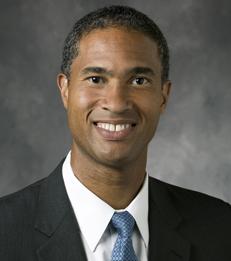Opinion
The Global Trust Deficit
—


Policy coordination, however, depends on trust, and building trust requires advanced-country leaders to keep their promises and offer their developing-country counterparts opportunities for leadership.
By Peter Henry
In their preoccupation with fiscal deficits, developed-country policymakers continue to neglect a different, yet equally critical, shortfall: the trust deficit between advanced and emerging economies when it comes to global governance.
For decades, developed-country shareholders at the International Monetary Fund and the World Bank used loan conditionality to spur economic reforms – often including contentious fiscal-austerity measures – in the so-called Third World. Through pragmatic, sustained reform efforts, countries like Brazil, China, and India turned their economies around to achieve stunning increases in GDP growth – from an average annual rate of 3.5% in 1980-1994 to 5.5% since then.
But, although developing countries now account for more than half of global GDP growth, advanced countries have yet to admit them to leadership roles that reflect their growing influence in the world economy.
Read full article as published in Project Syndicate
___
Peter Henry is the Dean of the Leonard N. Stern School of Business, Dean Richard R. West Professor of Business and William R. Berkley Professor of Economics & Finance.
For decades, developed-country shareholders at the International Monetary Fund and the World Bank used loan conditionality to spur economic reforms – often including contentious fiscal-austerity measures – in the so-called Third World. Through pragmatic, sustained reform efforts, countries like Brazil, China, and India turned their economies around to achieve stunning increases in GDP growth – from an average annual rate of 3.5% in 1980-1994 to 5.5% since then.
But, although developing countries now account for more than half of global GDP growth, advanced countries have yet to admit them to leadership roles that reflect their growing influence in the world economy.
Read full article as published in Project Syndicate
___
Peter Henry is the Dean of the Leonard N. Stern School of Business, Dean Richard R. West Professor of Business and William R. Berkley Professor of Economics & Finance.
